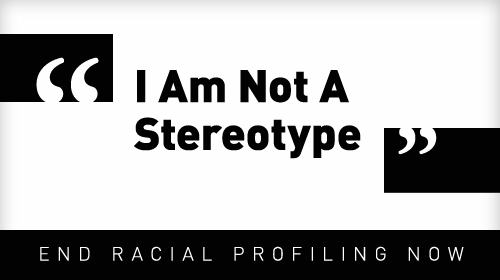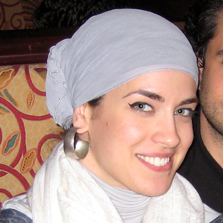Singling Us Out: NYPD's Spying on Muslim Americans Creates Fear and Distrust


By Elizabeth Dann, a third-year law student and the Outreach Chair for NYU Law School’s Muslim Law Students Association

Elizabeth Dann
The NYPD’s spying on American Muslims has sent waves of shock and fear throughout our community. I and other community members feel betrayed by our own police force, and the fact that it’s the police singling out Muslims for unfair treatment makes us all deeply concerned that other parts of society see us as suspect, too, even though we’ve done nothing wrong.
I am a convert to Islam. When the stories of the NYPD’s surveillance activities broke and described the NYPD’s targeting of converts for its spying operations, I confided my fear to my husband that other Muslims might think I was a police informant, and that I might be a target of surveillance because I am a convert. These are profoundly disturbing and alienating feelings to have.
As an Irish American, and someone whose ancestors came to the United States before the Revolutionary War, I am particularly angry with and disappointed in Commissioner Ray Kelly. Has Commissioner Kelly forgotten the prejudice and bigotry that Irish Americans and Catholics have suffered in this country? Why is he subjecting other immigrants and religious minorities to that kind of racial and religious profiling and stigma?
One of the hardest things is seeing the impact of the NYPD’s spying on my fellow Muslim students. Many of my Muslim student friends and colleagues are almost shut down by fear and there is a palpable chill spreading through our religious community. My fellow students describe censoring themselves in classes to avoid saying anything that might be taken as controversial or out of the mainstream on contemporary political issues even where they should be most free — in their academic speech. They are afraid that if they are seen as “too Muslim” or “too radical” in their views, non-Muslim students and professors will view them with suspicion, like the NYPD has.
They are also terrified that plainclothes police officers are sitting in their classes, watching them and recording what they say. Muslim students’ growing silence impoverishes our intellectual community; we are less able to learn from one another when we do not share our candid thoughts and ideas. A number of Muslim students are unwilling even to show their anger over the NYPD’s discriminatory spying or to protest it, because they fear being seen as somehow disloyal, too angry, or otherwise suspect.
All of these issues have special resonance for me because I am pregnant with my first child. I will raise my child as an American and a Muslim, like I am, and that child will grow up in New York. I am so worried about my child having his or her formative experiences in a city in which we are treated differently because of our religion.
I don’t know how I will talk to my child about anti-Muslim prejudice, or explain why our own police force is singling us out for suspicion. I never want to have that conversation. I want my child to feel as safe and free to pursue her ideas and dreams as any other child, and I want this child to feel that being Muslim will not jeopardize any opportunity she has in life.
I want the NYPD’s discriminatory surveillance to stop. I want Mayor Michael Bloomberg and the Commissioner Kelly to apologize and to assure me and my fellow Muslims and the rest of America that New York’s police will never again single people out based on religion. That’s the kind of world in which I want my child to be born.
Take action. Urge your member of Congress to pass the End Racial Profiling Act, legislation sponsored by Sen. Ben Cardin (D-Md.) and Rep. John Conyers, (D-Mich.) which would, among other things, provide training to help police avoid responses based on stereotypes and unreliable assumptions about minorities.
This is the fourth of eight blog posts in the series “I Am Not a Stereotype: End Racial Profiling Now,” on ACLU’s Blog of Rights.
Learn more about racial profiling: Sign up for breaking news alerts, follow us on Twitter, and like us on Facebook.

